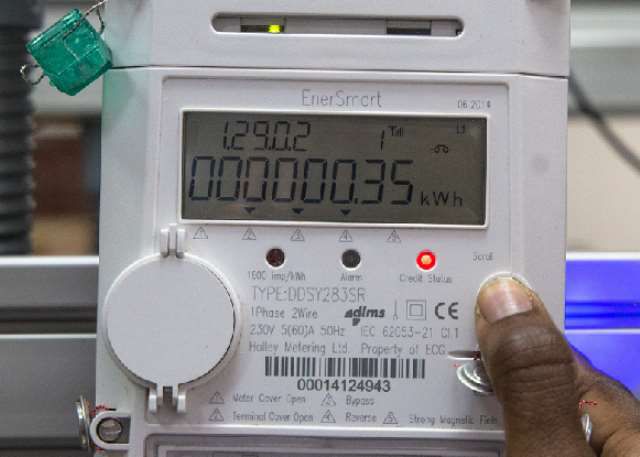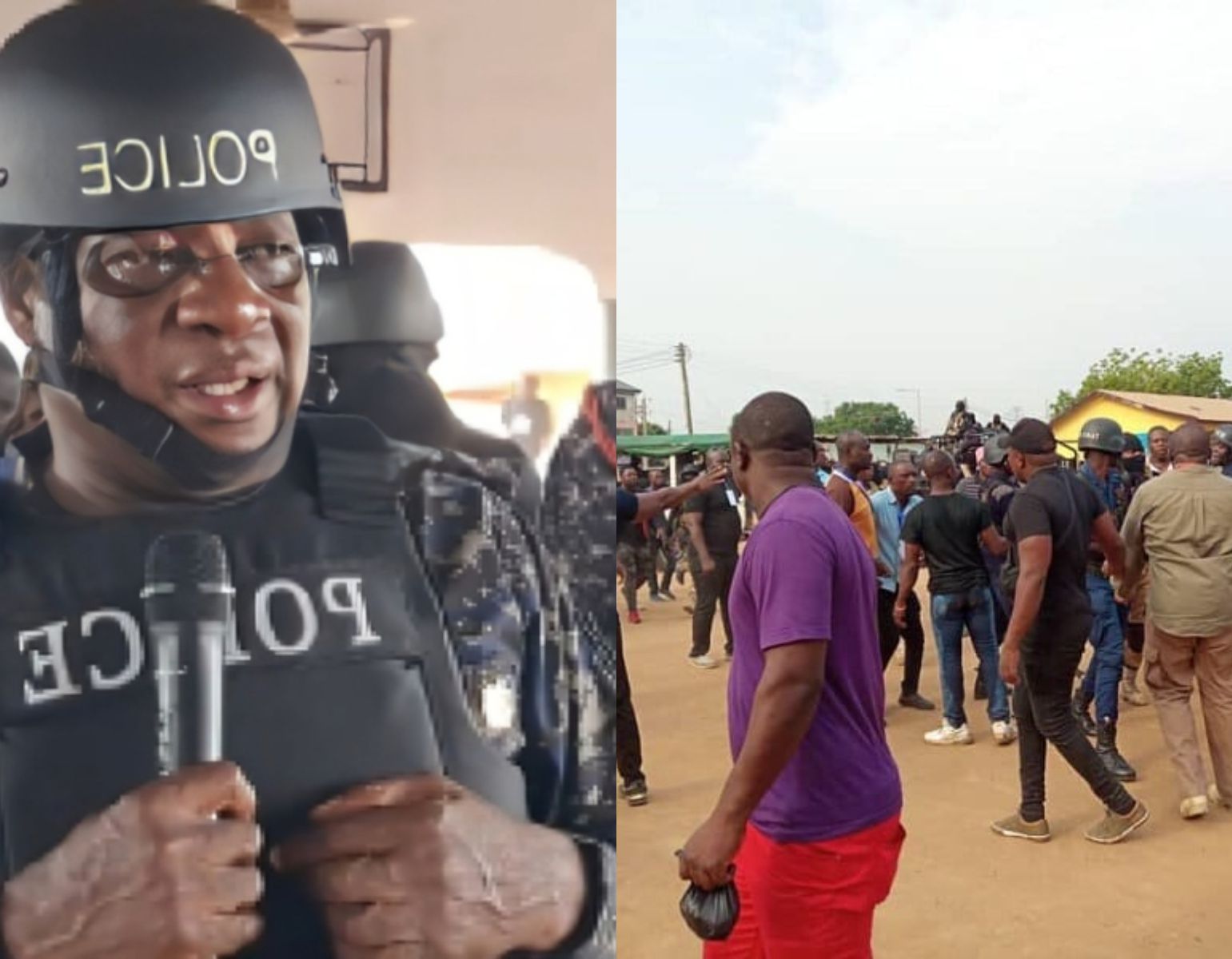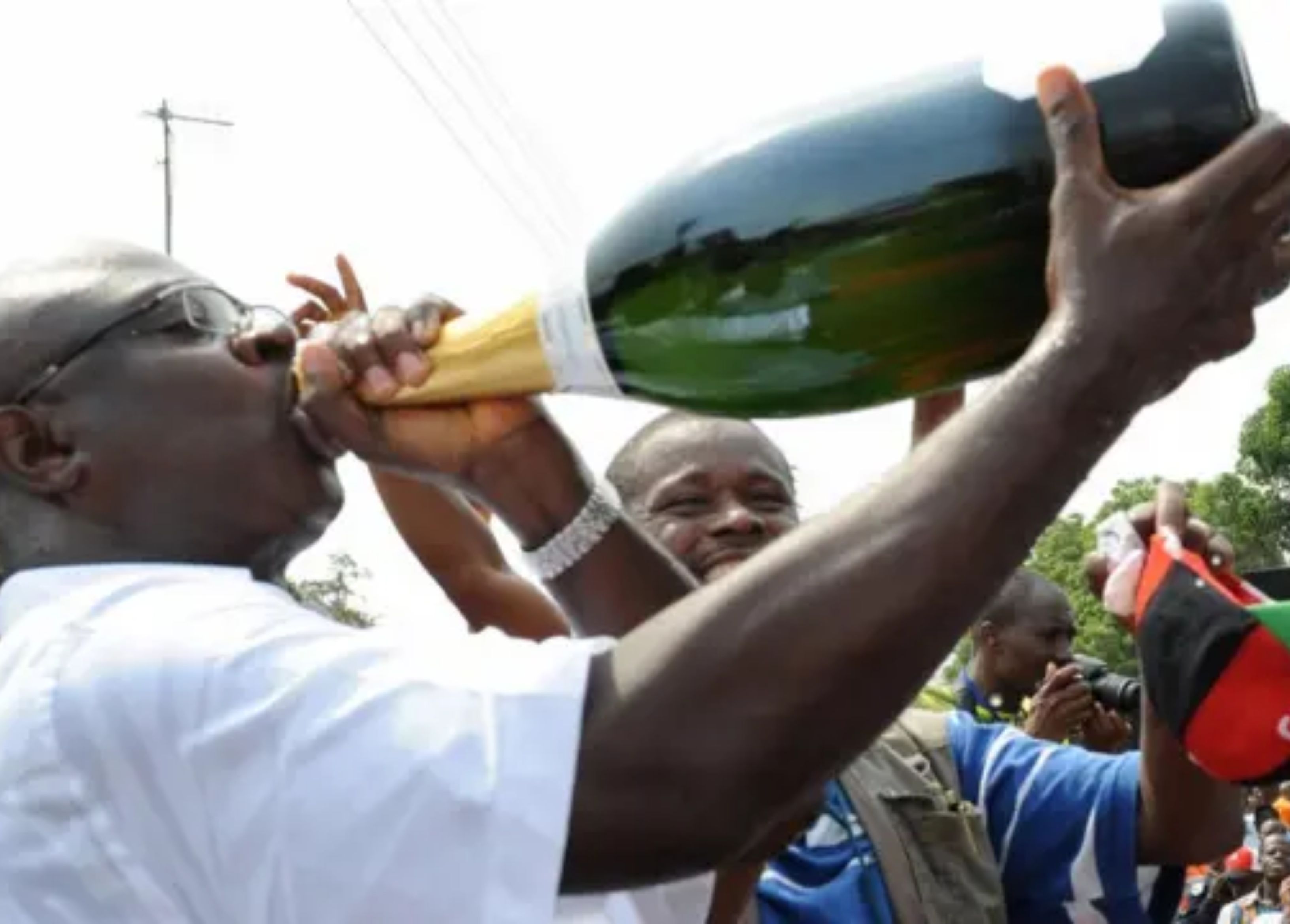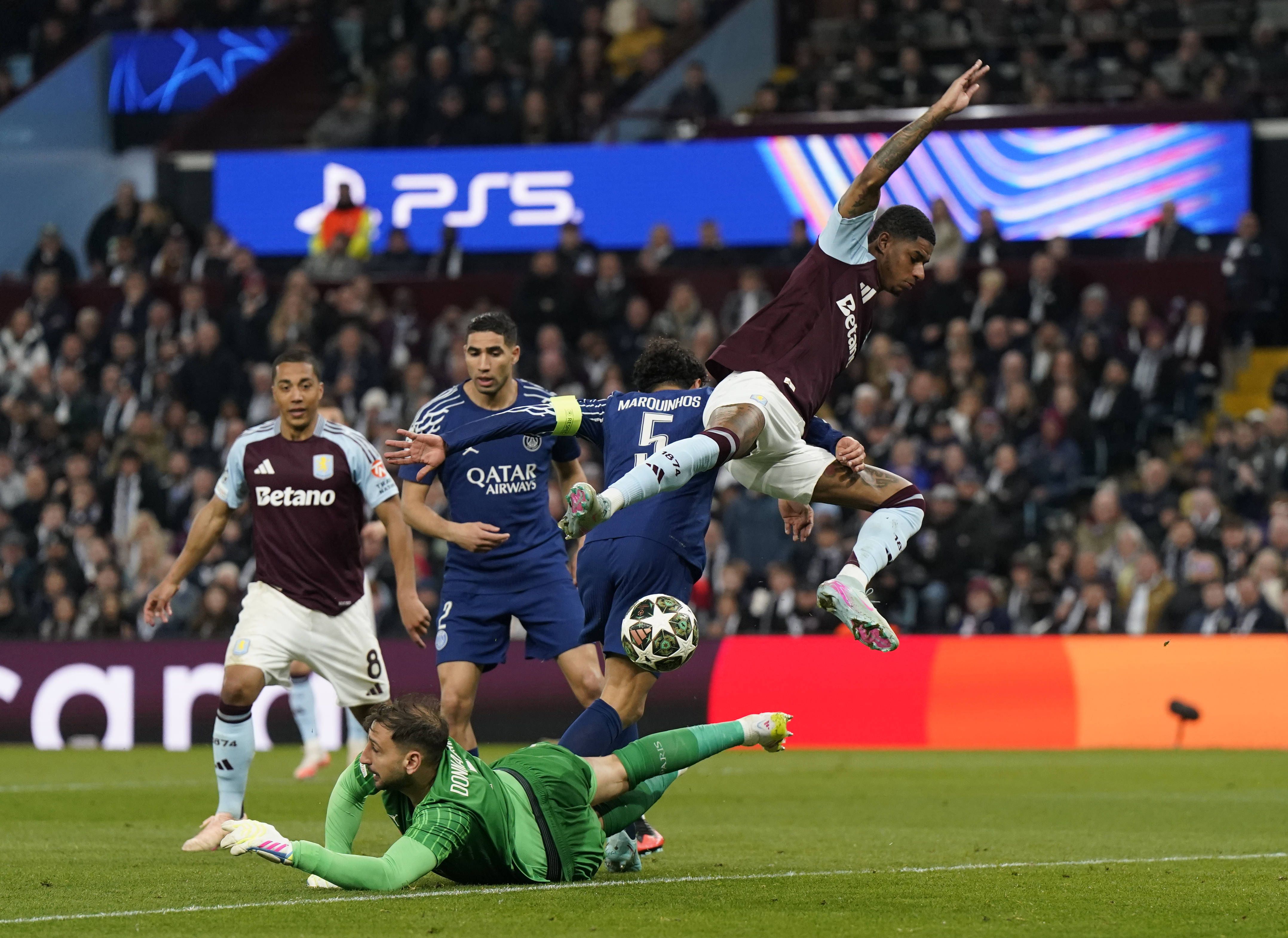
Accra, the capital city of Ghana, continues to face significant sanitation challenges with concomitant impact on public health and the environment. On daily basis, Accra produces over 3,000 tonnes of solid waste, much of which are not efficiently collected.
Indiscriminate dumping of refuse and plastic waste, choked gutters and unregulated landfill sites are some of the other challenges. Plastic waste in particular is a major issue, because the waste materials clog drains and contribute to flooding when it rains.
Also, several households in our national capital, Accra, lack access to basic toilets. They, therefore, resort to open defecation at the beach and other places. This is an eyesore for tourists who visit these places for relaxation and enjoyment.
Most of our principal streets and some public places, including markets and lorry stations are engulfed with filth. It is sad to even mention that some so-called estates in Accra do not manage waste properly. Refuse sometimes pile up in some of these estates for days, if not weeks, before being collected.
The stench emanating from these wastes is simply unbearable and in most of the cases, lead to the spread of diseases. Why should a marketplace where foodstuffs are sold be engulfed with filth or a principal street that leads to a significant national installation that attracts visitors, both home and abroad, be ‘decorated’ with refuse?
Though Ghana’s aim is to become the Centre of Tourism in Africa, our leaders are failing to even keep the capital city clean, notwithstanding the fact that there are sanitation by-laws and levies charged to deal with cleanliness across the country.
The gospel truth is that over the years, the sanitation by-laws have not been properly enforced. Though the authorities have been lapse in enforcing the laws, the citizens are also worsening the situation with their bad sanitation attitude.
In April 2017, President Nana Addo Dankwa Akufo-Addo promised to make Accra the cleanest city in Africa, but that pledge could not be fulfilled, though his government did its best.
The Chronicle believes that some of these promises go beyond the vision bearer, as we all have the collective responsibility of ensuring that our environment is clean.
If we do not take up the responsibility to clean our small corner and desist from indiscriminate dumping and open defecation, no efforts of the government will achieve positive results.
However, the government should also account for the sanitation levies she collects from citizens. Where is the evidence that these levies are yielding the needed outcome justifying its continuous collection?
Under the Sanitation and Pollution Levy (SPL), 10 pesewas is charged on every litre of petrol and diesel purchased. The SPL introduced in 2021 under the Energy Sector Levies Act aimed to generate funds for various environmental initiatives, including improving urban air quality, re-engineering landfill sites, and constructing waste treatment plants.
Cumulatively, the state has accrued about GH¢1.93 billion from 2021 to 2024. However, the streets are still dirty and waste collection remains unreliable.
Surely, we need to deal with the monopoly in waste management across the country and encourage a decentralised system, allowing other service providers to formally come on board. If every district is allowed to engage its own waste management companies, positive results will be achieved. The sanitation budgets should be given to the assemblies to engage the services of those who can meet the target.
In February, this year, the Greater Regional Minister, Linda Ocloo, announced the reintroduction of the Regional Sanitation Day, to be observed on the last Friday of every month.
We commend the minister for reintroducing the exercise and hope it will be sustained. Other regions should emulate it, in addition to their own homegrown measures to address sanitation problems facing them.
We recommend the reintroduction of the Town Councils (Tankas) to inspect and deal with individuals and households that do not keep their surroundings clean.
Above all, the government must intensify efforts to rid our Principal Streets and public places of filth.
The post Editorial: Accra Is Still Dirty! appeared first on The Ghanaian Chronicle.
Read Full Story



![Rider feared dead after accident at Kasoa-Ofankor, motorbike lands on rooftop [video]](https://sportal365images.com/process/smp-images-production/pulse.com.gh/12042025/01049b67-7887-4c09-96e7-cdcc209a6018.png)












Facebook
Twitter
Pinterest
Instagram
Google+
YouTube
LinkedIn
RSS